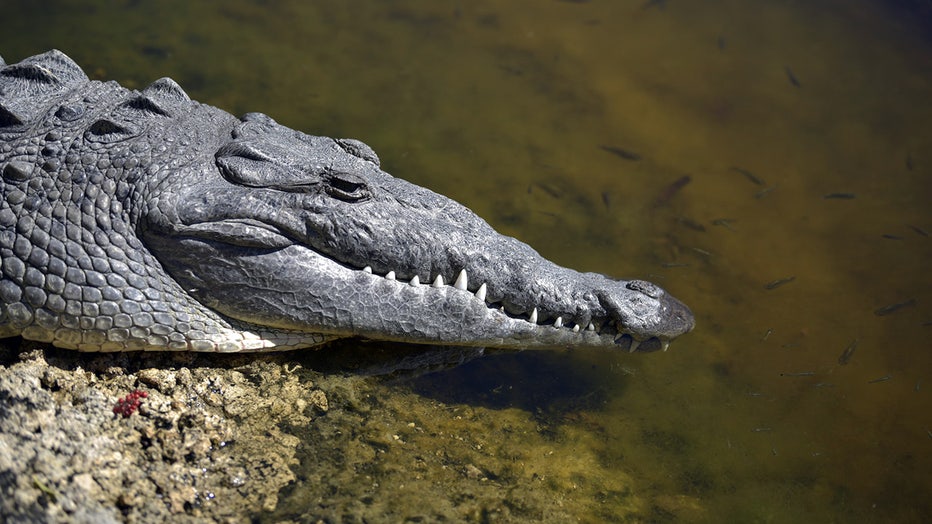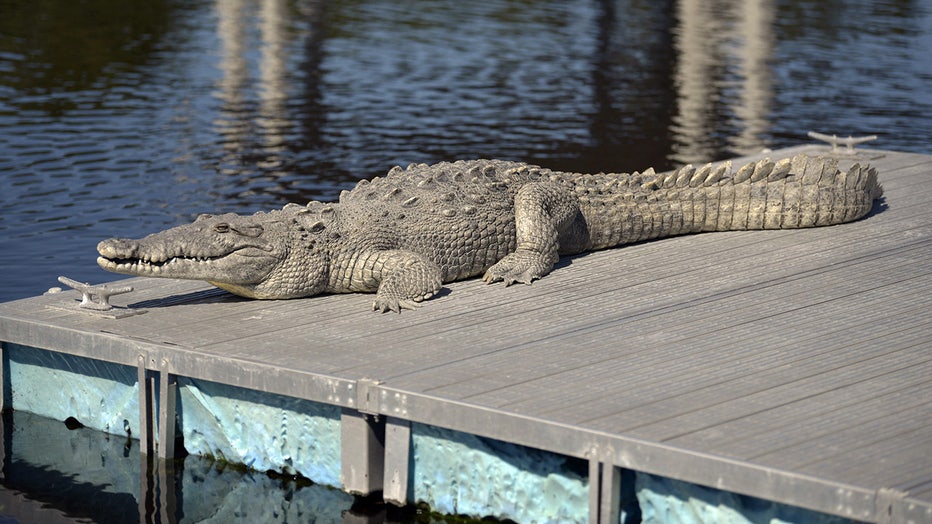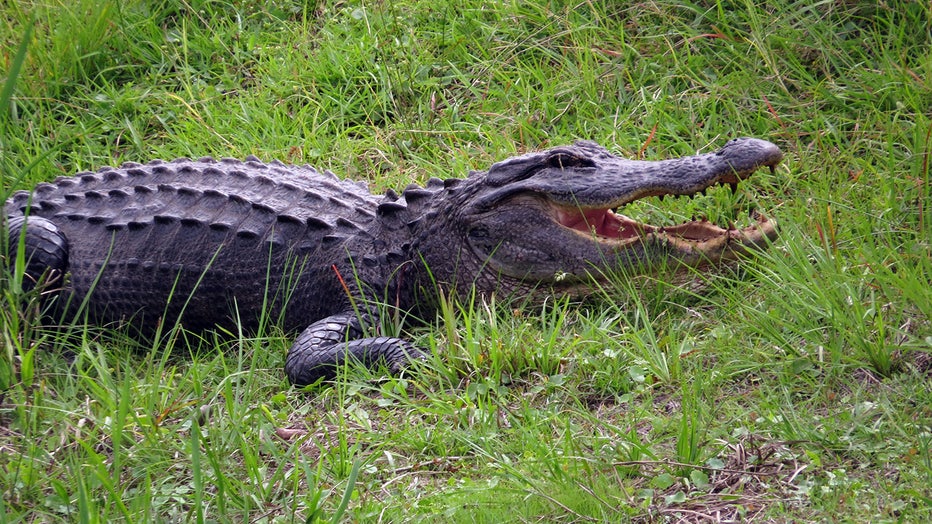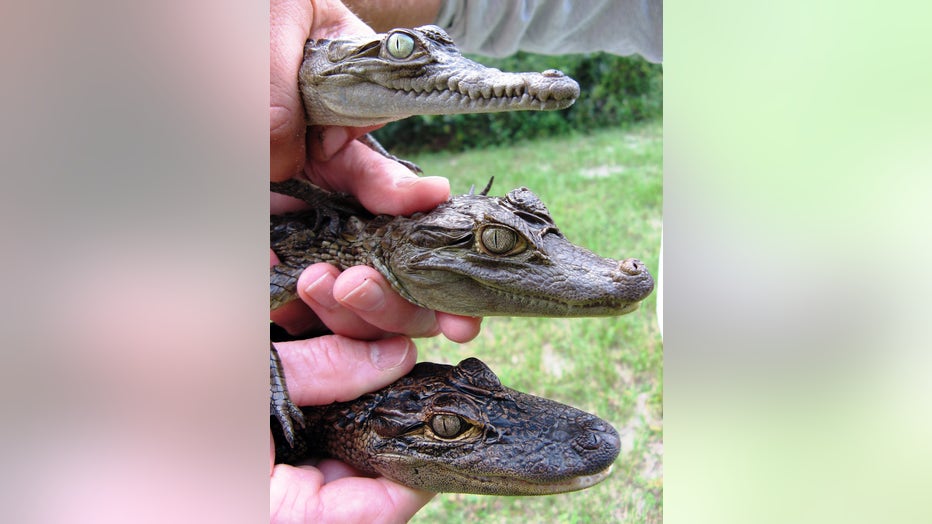Later, gator: FWC wants you to watch out for crocodiles, too

FWC video: Crocodile safety
The Florida Fish and Wildlife Conservation Commission released this public service announcement about living with American crocodiles.
TAMPA, Fla. - Alligators and Florida are nearly synonymous, especially this time of year. But Florida’s wildlife agency is reminding residents to be on the lookout for crocodiles as well.
In a new public service announcement video, the Florida Fish and Wildlife Conservation Commission points out that the once-endangered American crocodile is rebounding, with as many as 2,000 crocs now living in the wild – and all of them are in Florida.
While alligators can be found throughout the Southeastern U.S., the crocodile footprint in the U.S. is generally limited to South Florida, though they have occasionally been spotted as far north as the Tampa Bay area.
That makes Florida the only ecosystem in the world where alligators and crocodiles peacefully coexist.

Crocodile close-up, seen in February 2021. Note the snout shape. (FWC photo by Carol Lynn Parrish)
The FWC says conflicts between humans and American crocodiles are relatively rare because of the crocs’ low numbers but also because they tend to be more reclusive than alligators. However, the FWC’s new video points out several safety tips to make sure Floridians stay safe around crocodiles:
- Keep your distance
- Swim in designated area
- Keep pets on a leash, away from the shore
- Never feed crocodiles – illegal and dangerous
- Dispose of fish waste in proper ways
The FWC also lists these key differences to help you tell the difference between crocodiles and alligators.

Crocodile on a dock, seen in February 2021. (FWC photo by Carol Lynn Parrish)
Crocodiles:
- Grayish green color
- Fourth tooth on lower jaw exposed when mouth is closed
- Narrow tapered snout
- Young are light with dark stripes

Alligator in the wild. (FWC photo by Karen Parker)
Alligators:
- Black in color
- Only upper teeth exposed when mouth is closed
- Broad rounded snout
- Young are dark with yellow stripes

Reptile babies, from top to bottom: American crocodile, spectacled caiman, and American alligator. (FWC photo by Kevin Enge)
Despite their differences, FWC says anyone concerned about crocodiles in their community can call the agency’s nuisance alligator hotline: 1-866-392-4286.
Featured
Crocodiles surviving and even thriving outside South Florida nuclear power plant
Crocodiles are making a comeback in South Florida, and they are breeding in an unlikely environment. American crocodiles are crawling back from the brink of extinction at South Florida’s Turkey Point Nuclear Power Plant.
Featured
70-year-old crocodile spotted in Punta Gorda backyard
A Florida resident spotted what she thought was a massive alligator on her dock -- only to quickly realize it was actually a rare crocodile. A trapper estimated the croc's age to be about 70 years old.
Featured
Rare crocodile snapped up outside Englewood home
The Sarasota County Sheriff’s Office says an Animal Resources officer trapped a croc, which was about 6 feet long, and turned it over to Florida Fish & Wildlife for relocation.
Featured
Residents worry after crocodile snatches neighborhood dog
A crocodile snatched a family dog from a South Florida yard and dragged it into a canal as bystanders tried but failed to intervene. Now neighbors are concerned about what could be next.
Featured
12-foot crocodile spotted sunning itself on Florida beach
It was a shocking discovery for residents of one Florida apartment complex when they spotted a 12-foot crocodile sunning itself on their community beach.






